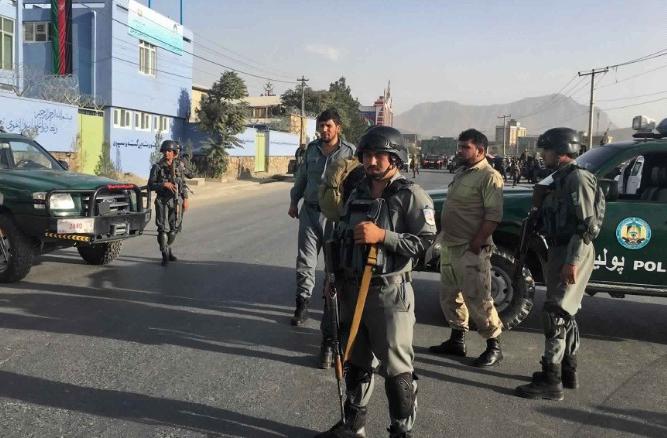Zhang Yun, Professor, School of International Relations, Nanjing University
Aug 18, 2021
Over the past 20 years, an over-reliance on military power has failed to bring the U.S. anywhere near resolving international conflicts. Now, with the U.S. defeat in Afghanistan, counterterrorism thinking has been defeated as well. Diplomacy must take its place.
Sampson Oppedisano, Executive Assistant to the Dean, The Milano School of International Affairs, Management and Urban Policy
Aug 12, 2021
After two decades, the United States’ war in Afghanistan is finally coming to an end in late August. Though he is defending his decision, President Joe Bi
Su Jingxiang, Fellow, China Institutes for Contemporary International Relations
Aug 10, 2021
How things turn out will be a reflection of the success or failure of the U.S. Eurasian strategy. America aims to benefit geopolitically from continued turmoil in Afghanistan, but a common commitment to regional stability and peace by China, Russia, Pakistan and Iran can counter it.
Ben Reynolds, Writer and Foreign Policy Analyst in New York
Aug 06, 2021
The United States is seeking to put an end to its sprawling invasion of Afghanistan, leaving behind calamitous regional instability at the crossroads of Asia. China’s rising stature in Asia and its expanding interests have them poised to take the reins of global conflict in the country.
Xiao Bin, Deputy Secretary-general, Center for Shanghai Cooperation Organization Studies, Chinese Association of Social Sciences
Aug 03, 2021
The impact of the Afghan Taliban on regional security is limited. But China may nevertheless want to consider economic means to encourage the stability and development in Central Asia, including construction of a highway from Kashgar to Kabul.

Kemel Toktomushev, Research Fellow, University of Central Asia
Jan 11, 2018
Beijing has long refrained from engaging militarily beyond its borders. However, as some recent reports suggest, this situation may soon change. Ferghana News reported that China will build a military base in the northern province of Afghanistan.
Dec 27, 2017
China and Pakistan looks to extend their $57 billion China-Pakistan Economic Corridor to Afghanistan.
Yun Sun, Director of the China Program and Co-director of the East Asia Program, Stimson Center
Mar 07, 2017
Different from the earlier narrative that China was free-riding from U.S. war efforts in Afghanistan, more recent developments have focused on China’s expanding political involvement, deepening security ties, and economic investments in Afghanistan. However, the description of China as the largest, and potentially, the most influential player in Afghanistan is misleading.
Richard Weitz, Senior Fellow, Hudson Institute
Jan 13, 2017
This year could see a major shakeup in the China-U.S. interaction in Afghanistan and Central Asia. Until now, the relationships in these regions between China and the United States, and between China and Russia, has been better than the Russian-American rivalry in Central Asia. But if the new Trump administration succeeds in improving Russian-U.S. relations, or decides to cut back on the U.S. military commitment in Afghanistan, China’s bargaining leverage vis-à-vis Russia in Central Asia will decline.
Fu Xiaoqiang, Vice President, China Institutes of Contemporary International Relations
Dec 04, 2014
As China assists in Afghanistan’s reconstruction, some U.S. experts describe China as a “free-rider” in global conflict, despite the interests China shares with the U.S. in promoting peace and stability in the “Eurasian crossroads.” Sino-Afghan cooperation is not a zero-sum game where China gains and the U.S. loses. Instead, cooperation benefits both.
Back to Top

- China-US Focus builds trust and understanding between the U.S. and China through open dialogue among thought leaders.
- Our Offerings
- Topics
- Videos
- Podcasts
- Columnists
- Research Reports
- Focus Digest
- Stay Connected
-
Thanks for signing up!
- Get the latest stories from China-US Focus weekly.